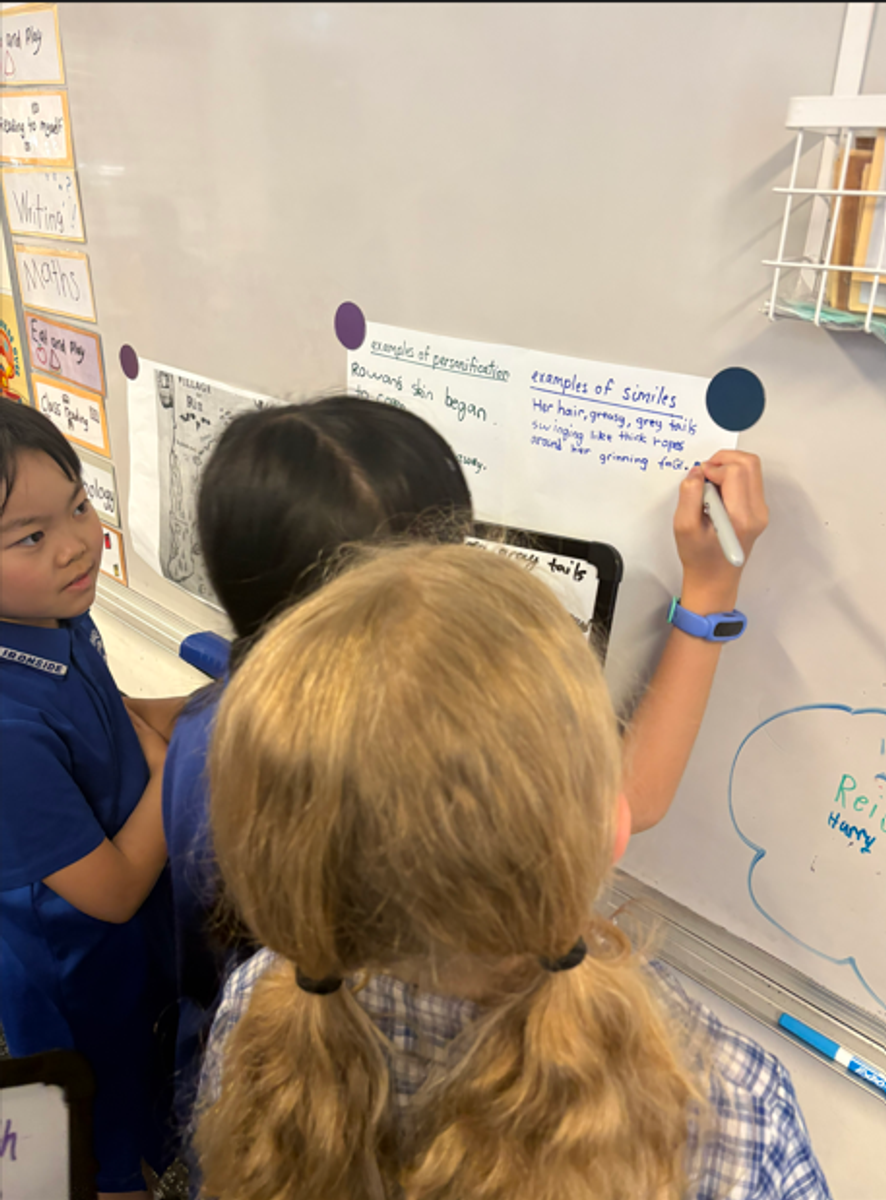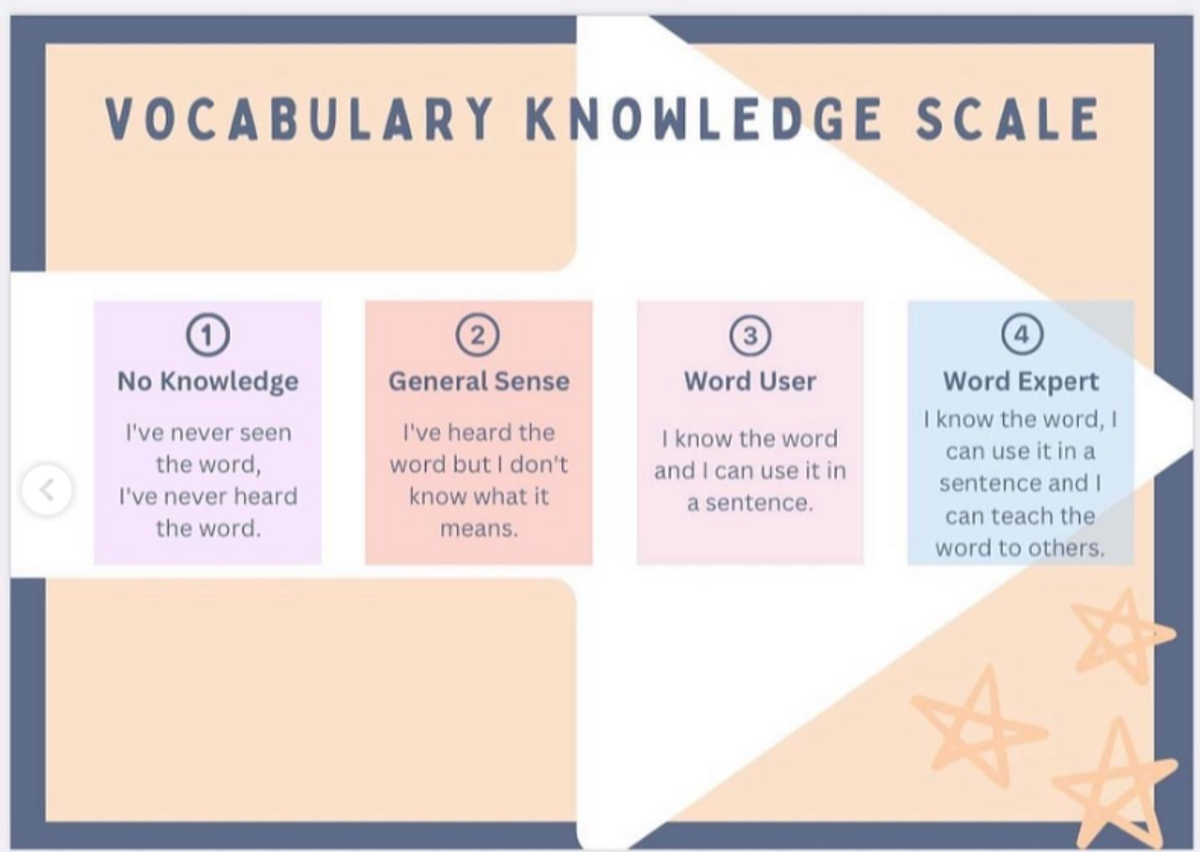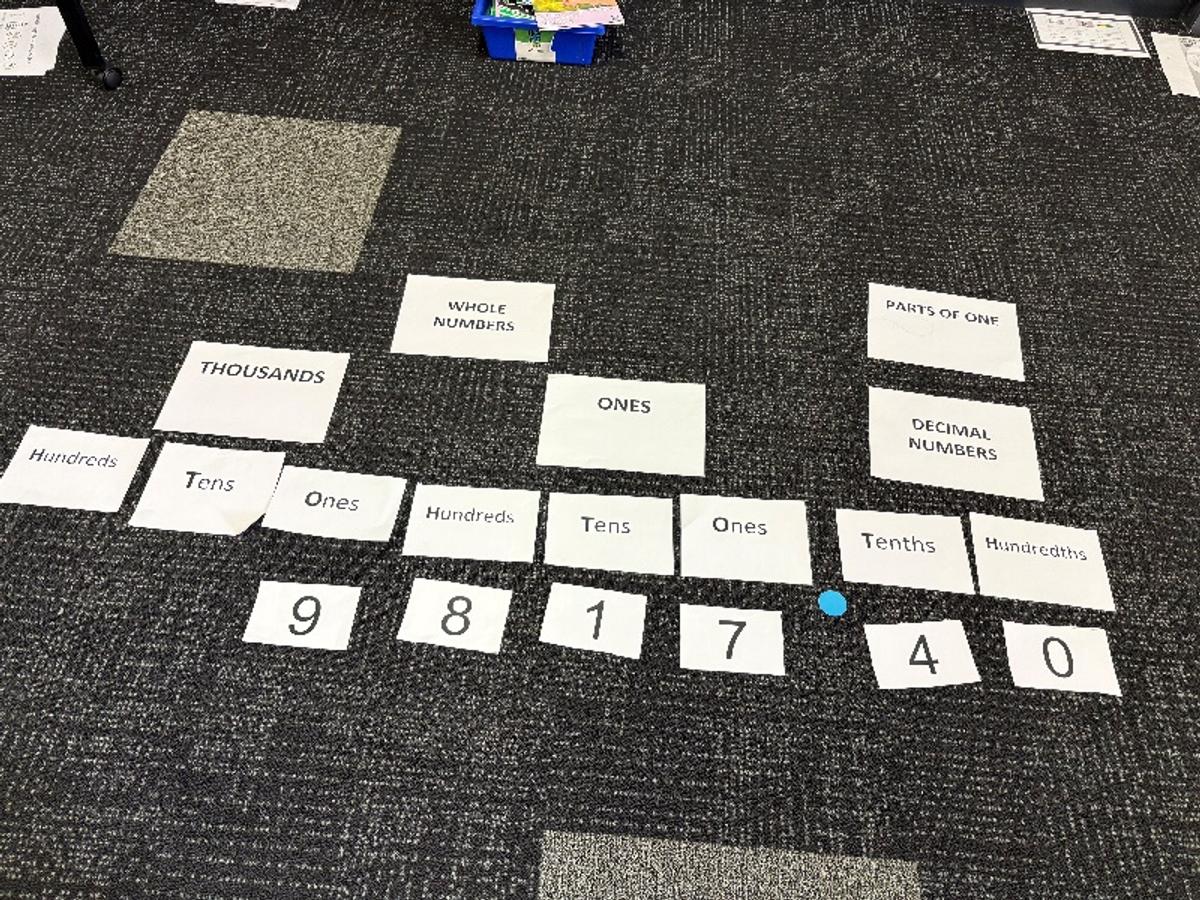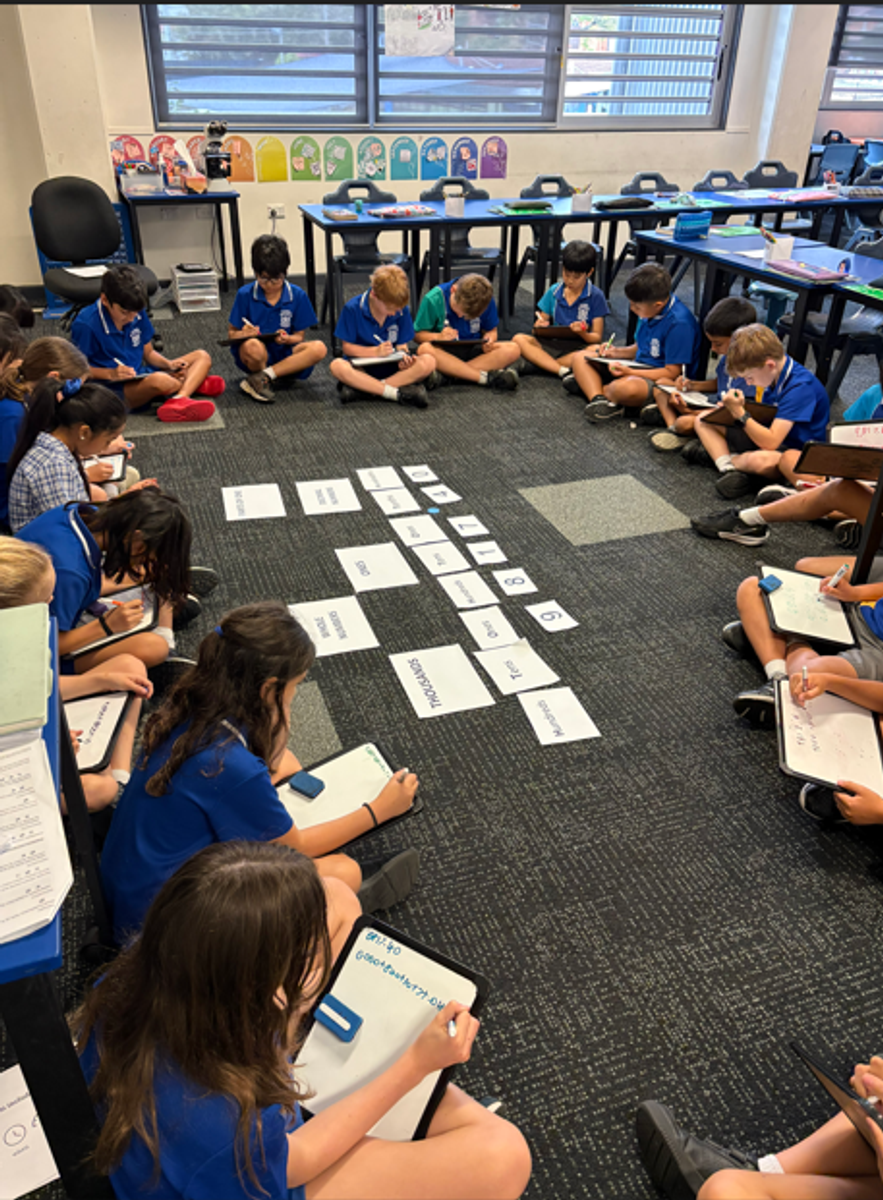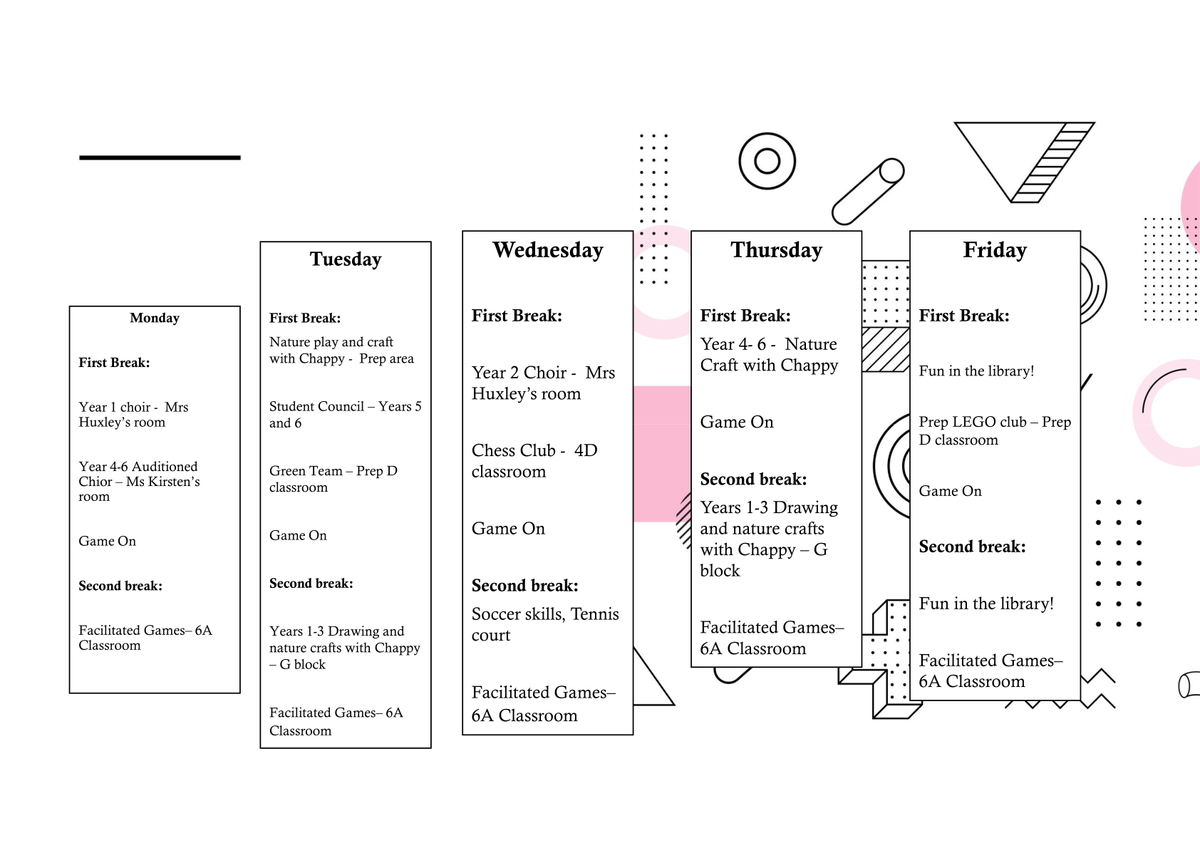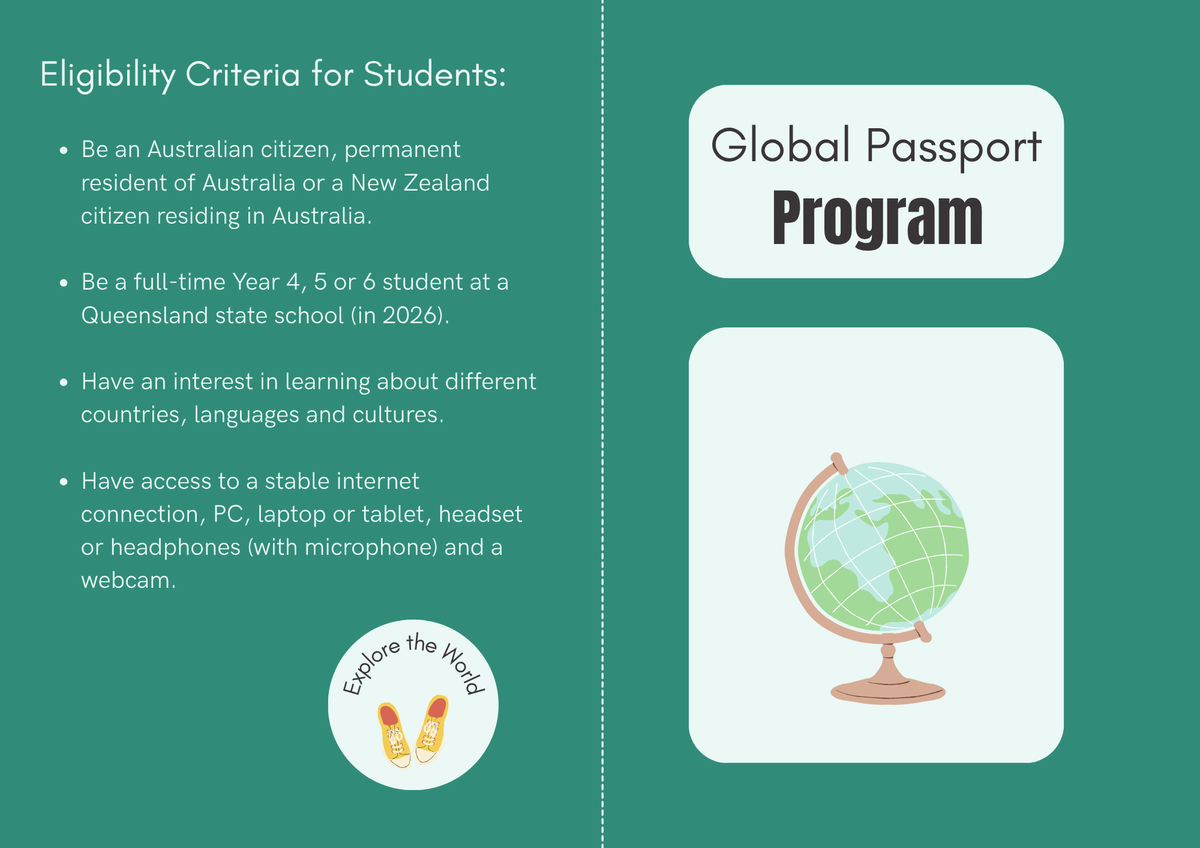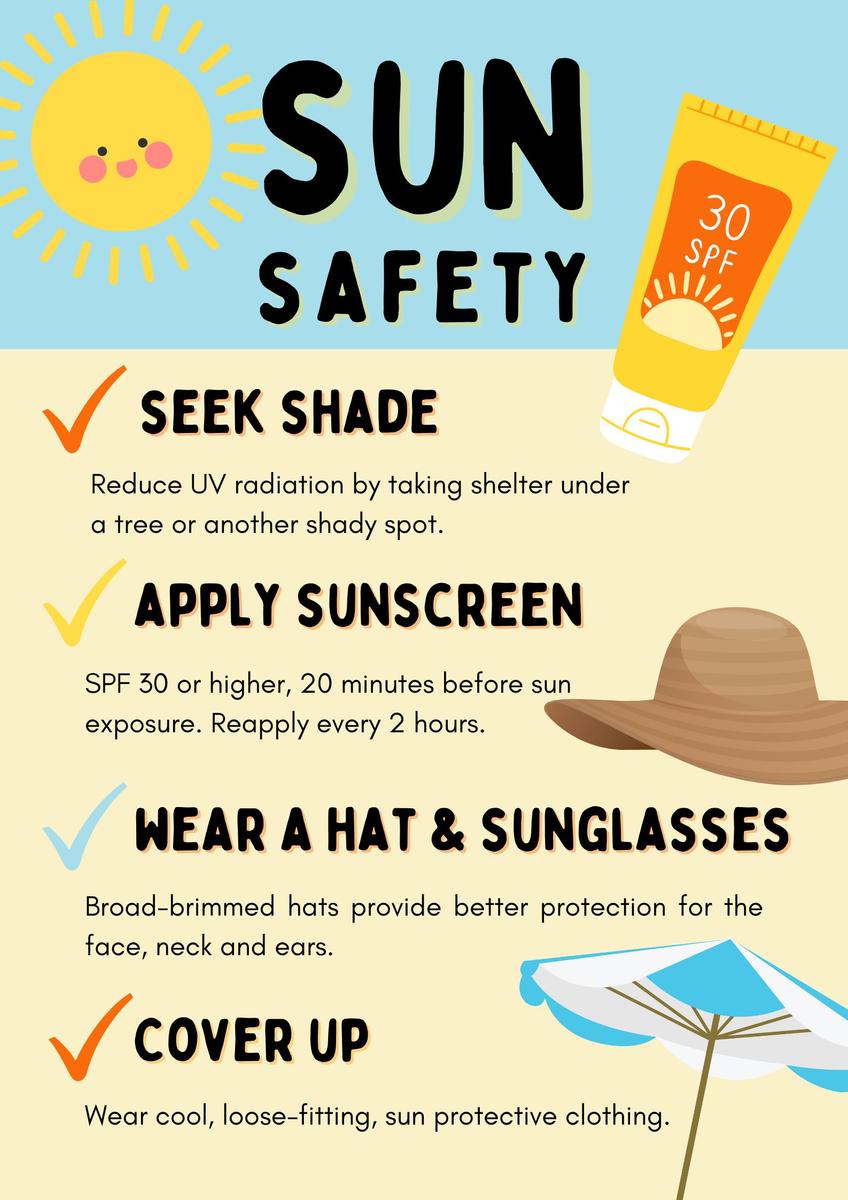Around Ironside
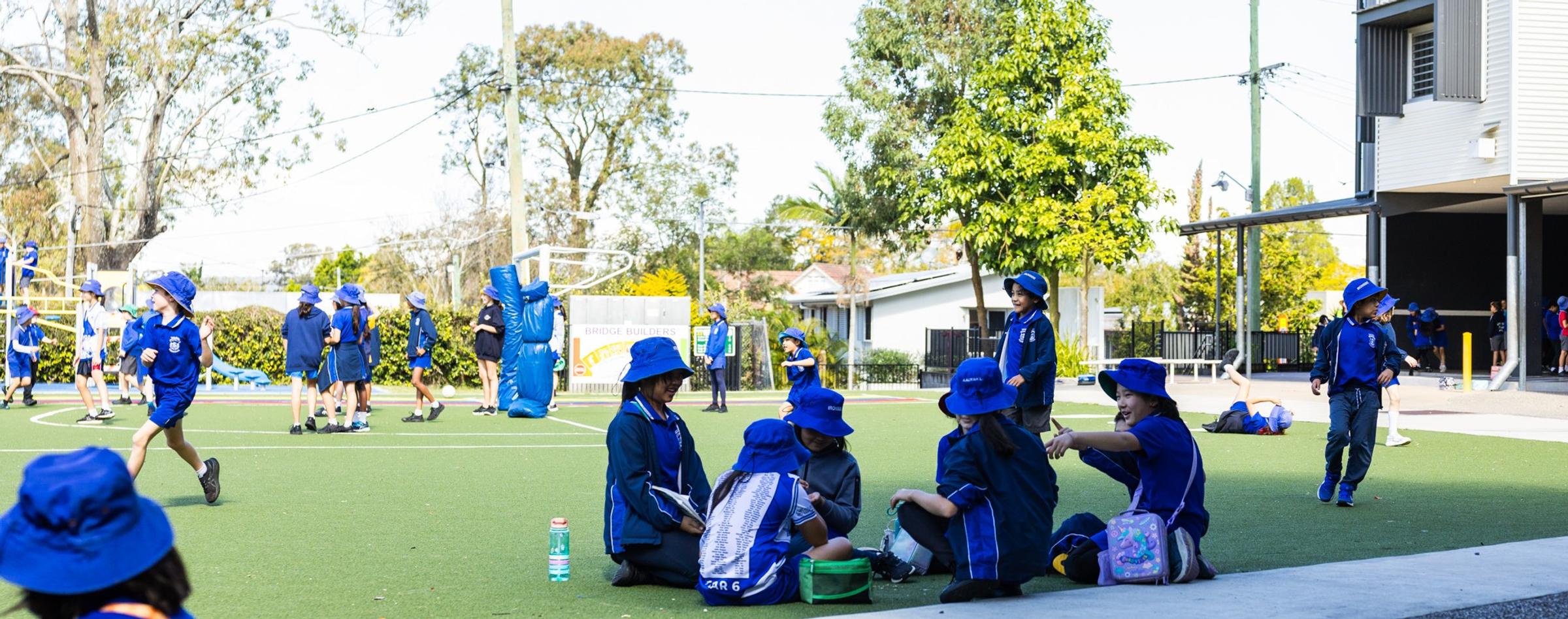
Class 4E
Snapshot of Learning
English - Exploring Genre
My favourite part of Term 4 is observing students’ growth with writing. 4E have gained significant confidence in their writing skills, demonstrating an understanding of both informative, persuasive and imaginative genres. Through our focused lessons this term, students are learning to identify structure and language features to create their own imaginative texts. At home, you might like to ask your child about literary devices such as personification and simile - a new favourite of ours.
This term, we have been exploring vocabulary with our mentor text ‘Rowan of Rin’ by Emily Rodda. We have been checking in with our knowledge using the vocabulary knowledge scale. This allows us to measure our understanding of words and what we can do to improve. It is important to check-in with our understanding about words, families are encouraged to do this with their child at home as well.
In numeracy, we are exploring the big idea around ‘place value’ and knowing it can be extended to tenths and hundredths.
Why is Place Value important? - Maths Australia
‘Let me explain what Place Value is in an easy way. Place Value is as simple as knowing that "every value has a place". The place tells us “what kind”, the value tells us “how many" of that kind is being shown. However, when students attempt to learn this key maths concept with only a basic, abstract understanding of numbers, they continuously struggle and often end up giving up on maths. Despite its simple definition, Place Value can be a challenging concept for a young child or student to grasp. Regardless of whether your child is in the kitchen, the living room, or the garage, they are still your child, but if the digit 3 is in different locations (tens or hundreds place, for example), it means something different.’ In 4E, place value is reviewed daily to ensure all children can grasp the concept of ‘place value’ easily.
EAL/D Program at Ironside State School
Ironside State School is one of Queensland’s most multicultural schools. Students from many cultural and linguistically diverse backgrounds help make our school community vibrant.
Our English as an Additional Language or Dialect (EAL/D) program helps students build confidence, independence, and the language skills they need to learn. We support students to learn English and to learn through English. We also help students participate in all school subjects while they acquire the English language.
Specialist EAL/D teachers and Education Support Officers work with students in Years One to Six. This includes students who have recently arrived in Australia and students who are still developing English skills. We are also excited to be launching a targeted oral-language program for our Prep students. Support may be given in small groups, one-on-one, or inside the classroom.
Students who are new to learning English may not receive a grade on the school report card for some learning areas. These students may receive an ‘N’ instead of a grade. This follows the Queensland K–12 Framework (November 2024, p. 40). The ‘N’ grade represents that we have ‘insufficient evidence to make a judgement.’ Students may still receive grades in subjects where less formal English is used, such as The Arts, Physical Education, and Music.
This process aligns with research that shows it takes time to learn academic English. As students improve, they will receive grades based on the year-level curriculum. During this time, they will continue to get targeted English language support from the EAL/D program.
If you are interested to read more about this please see below:
If your child has received an ‘N’, or you have questions about their English Language Acquisition, please contact their classroom teacher and the EALD teaching team to discuss your child’s progress. We are here to support your child on their schooling journey!
Lunchtime Clubs
Newsletter Languages - Term 4 2025
The Global Passport program – applications now open
The Global Passport – explore the world in 5 days program is a fully funded online opportunity for students in Years 4–6 (2026). During 5 days in the January school holidays, the students will travel virtually to new countries and build language skills and cultural understanding with expert university tutors.
To learn more, register for the upcoming information session.
More information about the Global Passport program can be found here.
For further information, please contact the Global Engagement team at Global.Engagement@qed.qld.gov.au.
☀️ No Hat, No Play
We are noticing an increasing number of students arriving at PE lessons without a hat. Our spare hat supply is very limited.
Please ensure your child brings their own clearly named hat to school every day. Hats are an important part of our SunSmart policy and are required for outdoor activities, including PE.
Thank you for helping us keep our students safe in the sun.
Student Absences
Please be aware that our student absence email is absentstudents@ironsidess.eq.edu.au, not studentabsence@ironsidess.eq.edu.au.

